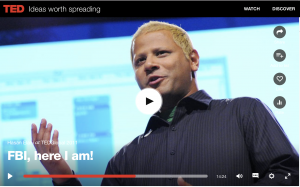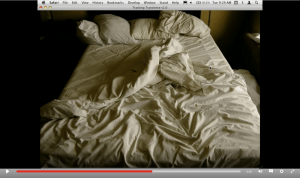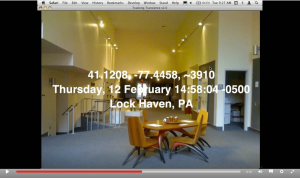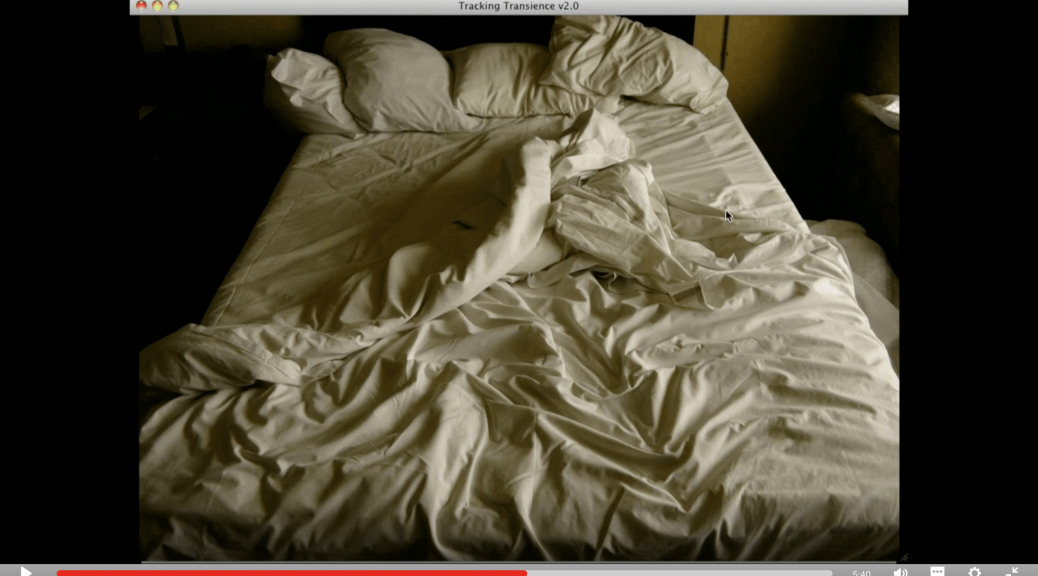Our identity is what makes us uniquely different. In today’s day and age though, we might choose to replicate or imitate someone else, especially with the flexibility and freedom of social media. We might choose to be ‘someone else’ by filtering out what we post, control what we share or use an overly-flattering selfie. As mentioned by Wittkower, ‘[t]his is what is so valuable about Facebook: the indeterminate meaning of so much of what it is, and what it does.’ I agree with this statement as social media has created a barrier that allows doubt. No matter what we post or share, there are multiple ideas conveyed.
Hasan Elahi is a Bangladeshi-born American interdisciplinary media artist with an emphasis on technology and media and their social implications. He is an associate Art professor at University of Maryland. In Tracking Transience 2.0, Hasan Elahi has been recording everything he does in picture or word form ever since FBI agents told him to report his whereabouts.
An interesting (and funny) video of Hasan Elahi in TED talks: https://www.ted.com/talks/hasan_elahi

His work consists of pictures, some having a plain black background of just information of the places he’s been to, or some just empty pictures without words.


By doing this project, Hasan Elahi is subjecting himself to vulnerability. He exposes his daily routine, his location, his lifestyle. However, it is also ironic how the pictures tell nothing personal about him. There are no people or signs of himself, only plain objects or scenes of everyday life. The pictures seem like they can be easily taken off from google, they have a very surveillant-like quality. Like Hasan Elahi, billions of people are doing similar things as him everyday. Sharing certain content and filtering out only what is required. Linking this back to online identity, people portray themselves differently when they are on social media. Only certain material are shared, not everything.
I entirely agree with Hasan Elahi, how he states that even though he shares everything with us, simultaneously he does not share anything, as the photos are almost anonymous. I love the concept of his work! 🙂



